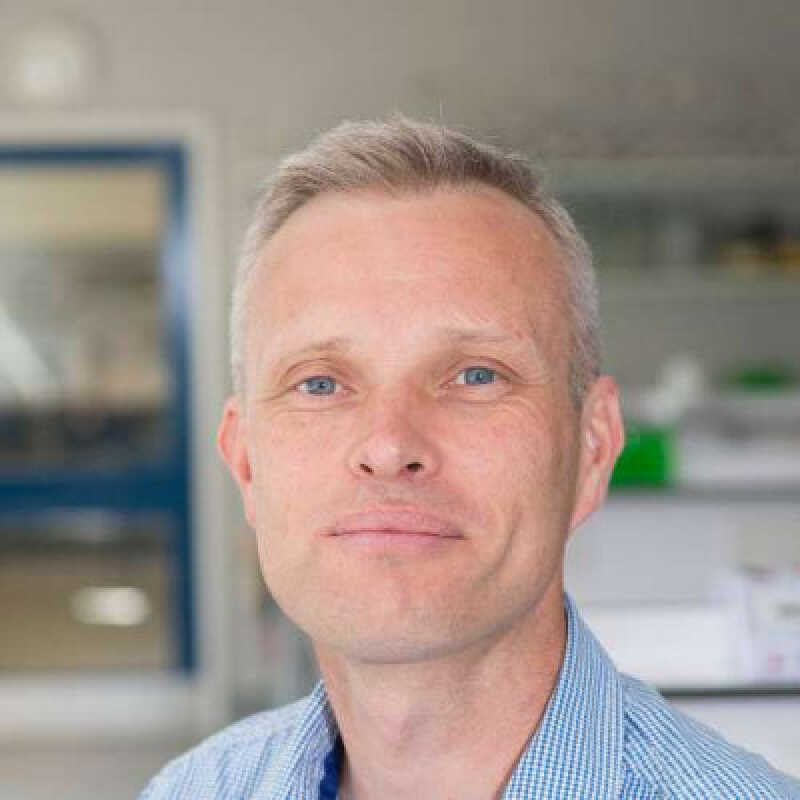- University of Kent
- Biosciences at Kent
- People
- Professor Campbell Gourlay
Professor Campbell Gourlay


Campbell Gourlay is a Professor of Cell Biology in the School of Biosciences. He began his career at The John Innes Centre in 1996 where he completed a PhD in plant development, studying the genetic control of leaf development.
Following this he began to work with budding yeast as a model eukaryote in the lab of Professor Kathryn Ayscough, where he investigated the role of actin in the process of endocytosis. During this time he discovered a link between actin, the regulation of mitochondrial function and the control of ageing and apoptosis. This led to his involvement in the emerging field of yeast apoptosis, which has popularised the novel concept that unicellular organisms possess the ability to undergo programmed cell death as an altruistic act for the betterment of a population.
Campbell established his own research group with the aid of a Wellcome Trust Value in People Award and a Medical Research Council Career Development Fellowship in 2006. He is a founding member of the Kent Fungal Group (KFG) which represents one of the largest collections of yeast research groups in the UK.
Recent and current funding from the BBSRC, EPSRC, Wellcome Trust, FWF (Austrian Science Foundation), Kent Cancer Trust, Scottish MND Society and the Luxembourg National Research Fund (FNR) supports a range of projects. The group uses yeast, human cell culture and whole animal models within a range of research activities. Current research projects include:
Dr Gourlay has established solid foundations within the East Kent Hospital University Foundation Trust (EKHUFT) and works within a multi-disciplinary team to tackle fungal colonisation of medical devices, including voice prostheses and tracheostomy tubing. These studies have led to the implementation of fully ratified NHS treatment guidelines for the management of fungal growth on voice prosthesis and have been adopted throughout the UK as well as being implemented overseas.
Undergraduate
Postgraduate
Loading publications...
Showing of total publications in the Kent Academic Repository. View all publications